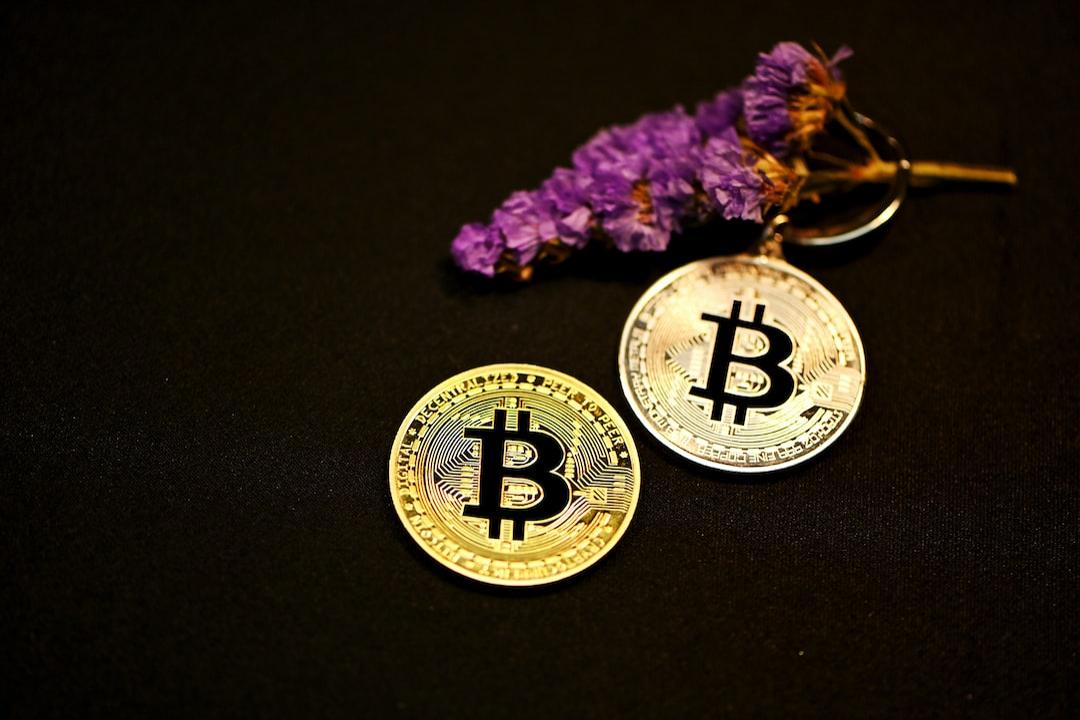Paraguayan senators have put a stop to the proposed ban on cryptocurrency mining that was introduced last week. Instead, officials are now considering the possibility of selling excess energy from the Itaipu hydropower plant to miners, rather than exporting it to Brazil and Argentina.
A public hearing will be held on April 23 to discuss the advantages and disadvantages of Bitcoin mining in the country, as confirmed by Senator Lilian Samaniego during a Senate session on April 10.
This decision comes about a week after lawmakers introduced a draft law on April 4, proposing a temporary ban on Bitcoin mining for 180 days. The reason behind this ban was the claim that illegal cryptocurrency mines were stealing power and causing disruptions in the country’s electricity supply.
However, just a few days later, Paraguayan lawmakers approved a declaration to support local and foreign investment infrastructure, which Senator Salyn Buzarquis hopes will prompt the Paraguayan Ministry of Industry to explore the economic benefits of selling excess energy to Bitcoin miners instead.
In a letter to Congress on April 8, Buzarquis pointed out that 45 licensed cryptocurrency miners are expected to generate $48 million for the National Electricity Administration (ANDE) by 2024. This figure is projected to reach $125 million by 2025 as miners install more equipment.
Considering that the cost of electricity production at Paraguay’s Itaipu hydropower plant is around $22 per megawatt-hour (MWh), ANDE could achieve a 45% net profit margin by selling excess energy to local Bitcoin miners at $40/MWh. This would amount to $73 million annually, along with approximately $17 million in value-added tax for the treasury. Buzarquis even suggested that Bitcoin mining operations could potentially save ANDE from bankruptcy.
Buzarquis also noted that Paraguay currently sells energy to Brazil at a subsidized rate of $10/MWh.
In addition to the economic benefits, Buzarquis emphasized that cryptocurrency mining could create more job opportunities for the local economy, as discussed in the April 10 senate session.
The earlier bill introduced on April 4 argued that there have been 50 instances of interrupted power supply due to cryptocurrency miners illegally tapping into electricity sources since February. If this bill is passed, it could affect Marathon Digital Holdings, one of the largest players in the industry, which expanded into Paraguay in November and deployed 27 MW around the Itaipu hydroelectric power plant.
This controversy in Paraguay coincides with the upcoming Bitcoin halving event, expected to occur on April 20. The halving will reduce miner rewards from 6.25 BTC ($442,000) to 3.125 BTC ($221,000).
Wolf Of All Streets, a magazine, expresses concern about a future where Bitcoin reaches $1 million and discusses the potential consequences.

